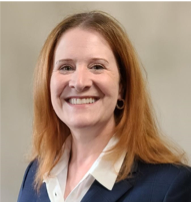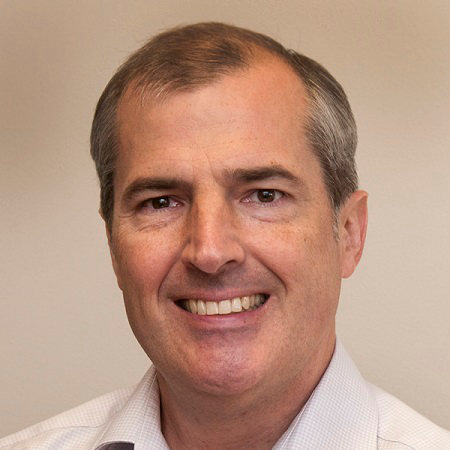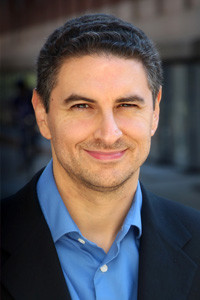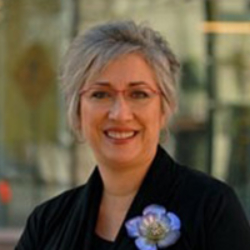Unmet Need
(Video Transcript)
When we formed the company [GRIP Molecular] in 2019, we did so thinking that if we could put medical diagnostics into the hands of the end user it would trans-formatively enhance medical care.
Then, in early 2020, covid-19 struck and changed everything.
In fact, in Manhattan alone 34,000 people died of covid-19 over the course of just a few months.
In that process we were all exposed to the many insufficiencies of our current health care system, in particular, medical diagnostics.
We stood in line waiting for diagnostic tests. We waited for days to receive the results.
It was really a bad situation.
The good news is (having gone through that) we’ve gotten much better.
We now have home diagnostic tests that we can use for covid-19 and the idea of using telemedicine to do the diagnosis and application of therapy has become much more common.
But, we still have a long way to go.
Problem: Proximity/Performance Paradox
If I’m sick, I want to be in my bathrobe and remain in the comfort of my own home.
Unfortunately, today’s medical diagnostics require a tradeoff of proximity and performance.

If you want a highly accurate and comprehensive medical diagnostic result, then I need to go to the clinic.
Once there, they’ll take my biological sample.
At times they can do the diagnostic testing on site, at other times, they will need to send that biological sample onto a centralized laboratory for more extensive diagnostic analysis.
In any case, this process takes time effort and money.
On the other-hand …
If I want the easy, immediate result?
For some of the diseases I can procure a diagnostic test -at my local pharmacy- which can be self-administered here in my home.
Unfortunately, those home tests are typically limited to a single disease and they don’t rule out other diseases that I might have. And often times the accuracy is dramatically less than what could be achieved if I had gone to the clinic.
Solution: GRIP Electronic Bio-Sensors
GRIP molecular intends to disrupt this paradigm with our new electronic biosensor giving an immediate and highly comprehensive diagnostic result with extraordinary accuracy, often rivaling what could be achieved if you had gone to the clinic.
These electronic biosensors will display the test result information to the end user just by bringing it in proximity (near field communication) to your cell phone.
Once that information is on the cell phone, the data can be immediately connected
to a clinician via tele-health interaction where a rapid diagnosis with the appropriate
therapy can be administered.
And this is ALL done virtually … from the comfort … of your home.
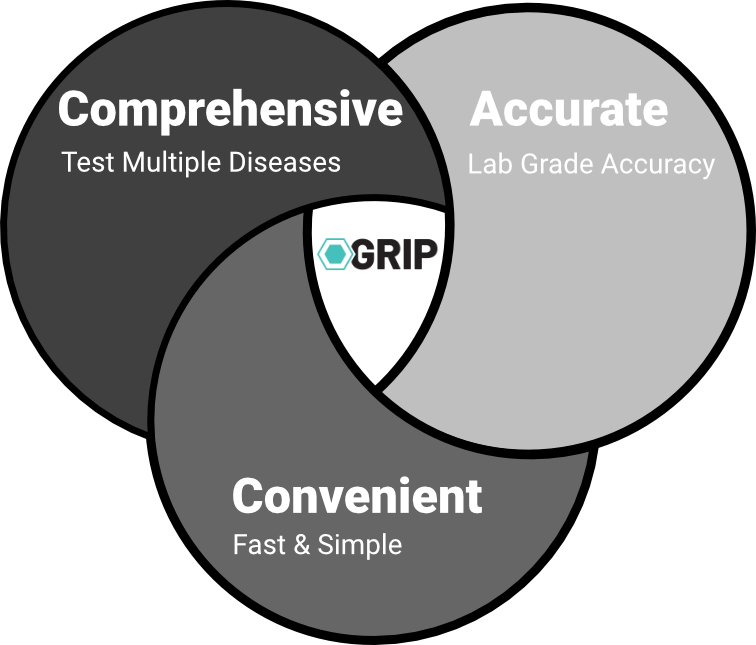
“Putting medical diagnostics into the hands of the user. That’s how GRIP Molecular intends to enhance medical diagnostics … and … to enhance medical care.”
(end)

